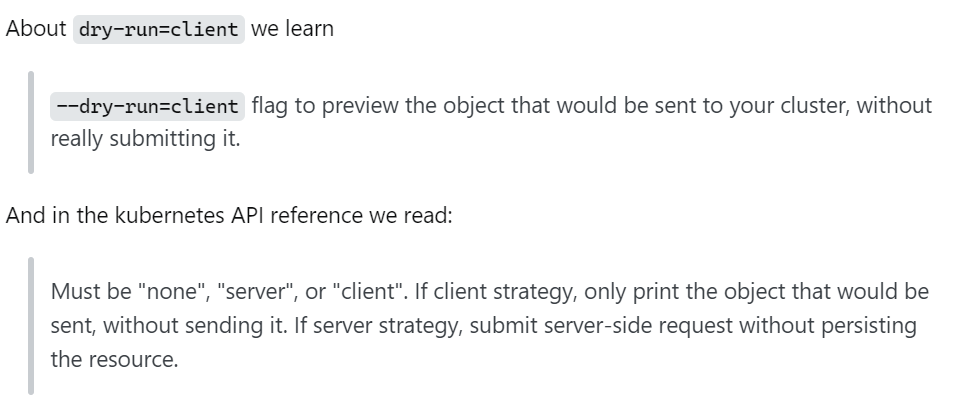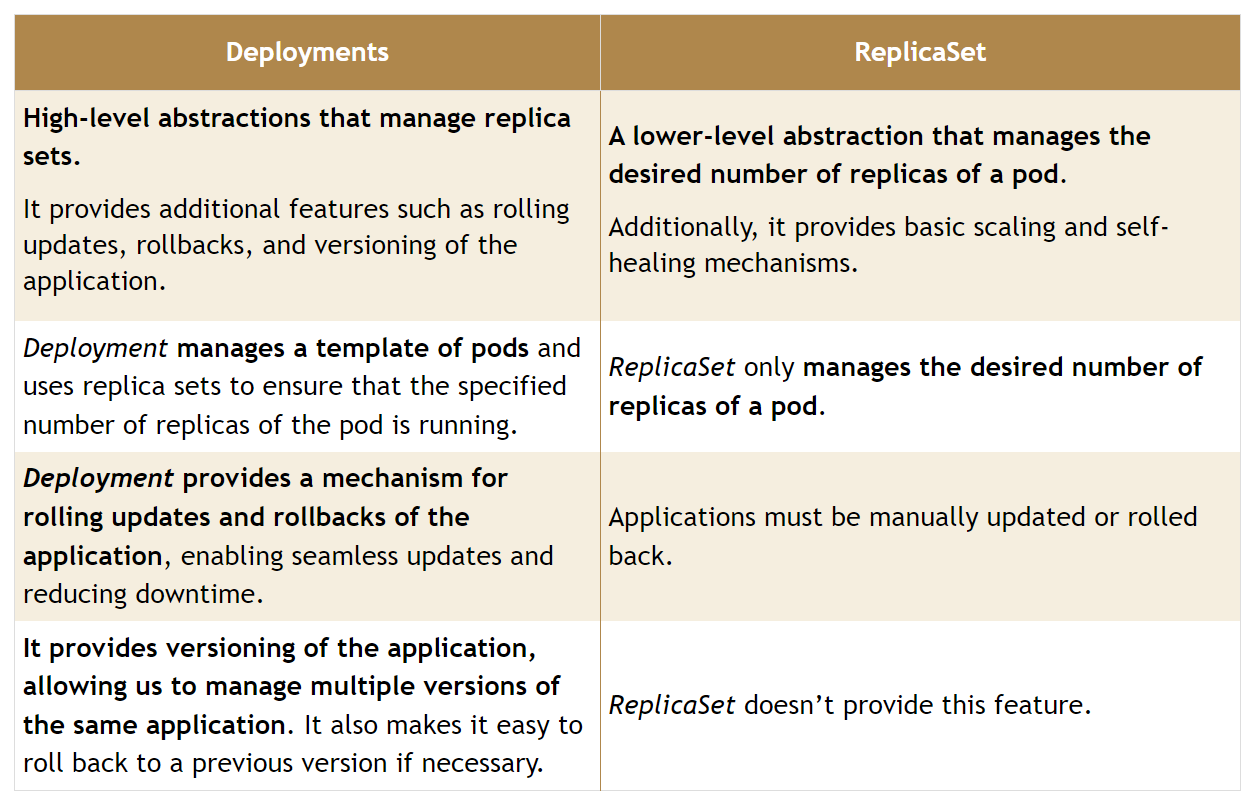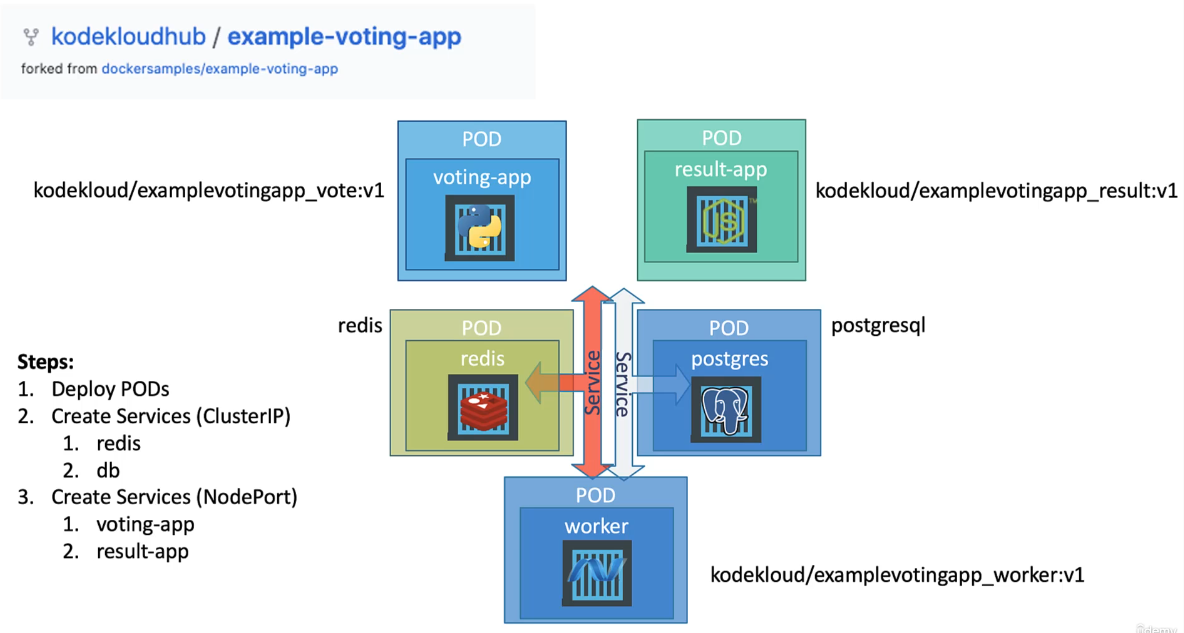Starters
 Priyan J
Priyan J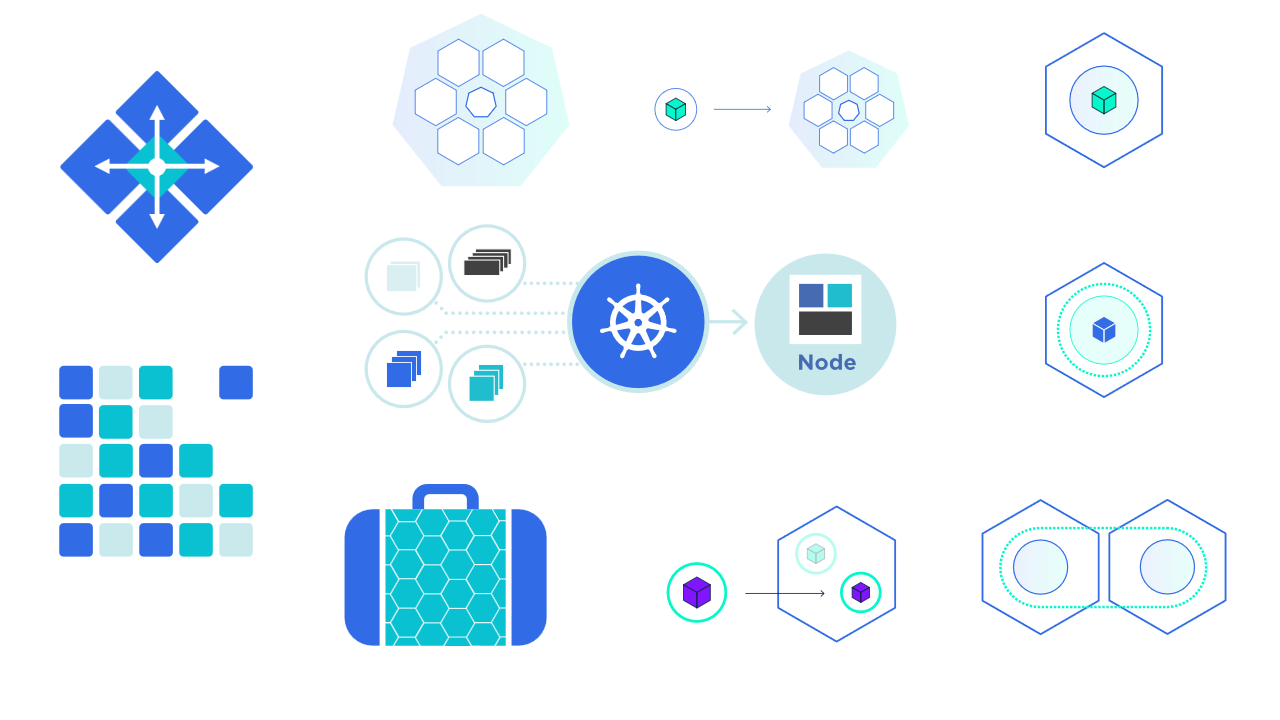
A node may be a VM or physical machine, depending on the cluster.
The scheduler distributes work or containers across multiple nodes.
Have a good understanding of YAML files and when to use them:
- List, dictionary, List of Dictionaries.
Pods
Replication Controller vs Replica Set
kubectl get replicasetkubectl scale replicaset <REPLICASET_NAME> --replicas=2kubectl delete replicaset <REPLICASET_NAME>Check for apiVersion:
kubectl api-resources | grep replicasetkubectl scale replicaset new-replica-set --replicas=0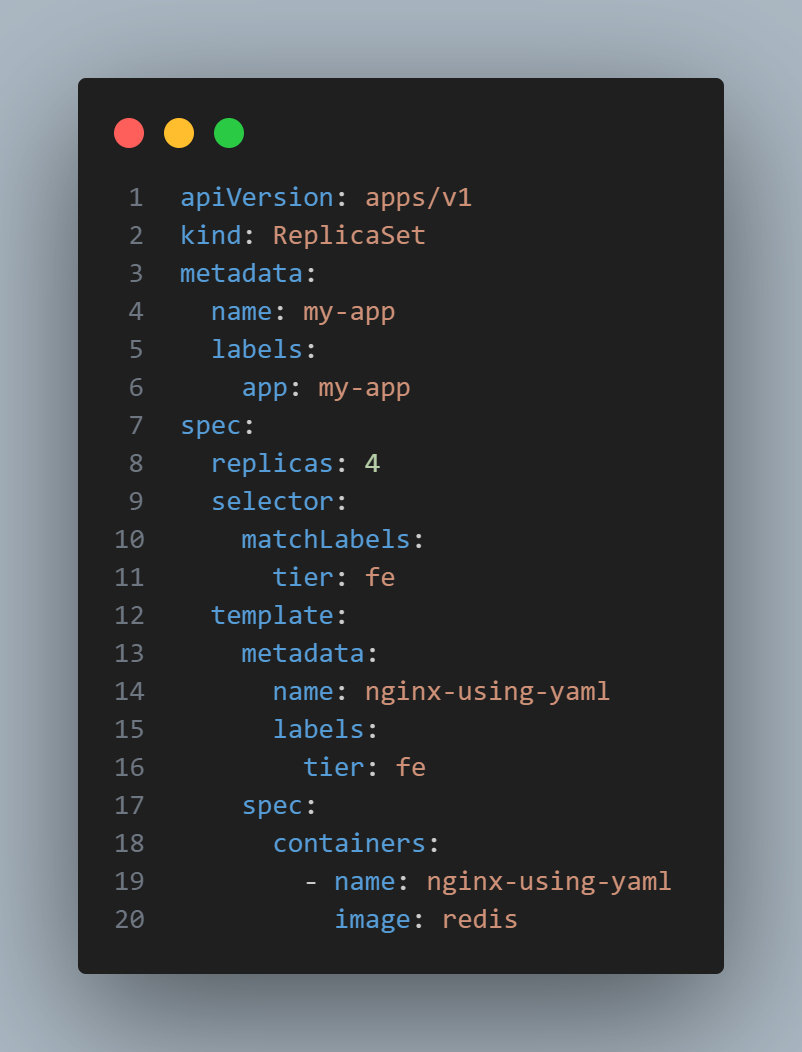
Deployments
- [Deploy, Upgrade, Rolling Updates, Rollback, Pause, Resume]
Rollout and Versioning
Recreate (Face downtime) vs RollingUpdate (Take down one by one)
Summarize Commands
kubectl create –f <DEPLOYMENT_YAML_FILE>kubectl get deploymentskubectl apply –f <DEPLOYMENT_YAML_FILE>kubectl set image deployment/<DEPLOYMENT_NAME> <CONTAINER_NAME>=<NEW_IMAGE>kubectl rollout status deployment/<DEPLOYMENT_NAME>kubectl rollout history deployment/<DEPLOYMENT_NAME>kubectl rollout undo deployment/<DEPLOYMENT_NAME>
Networking in Kubernetes
Services
Enable connectivity between a group of pods and an external source
Node port (30000 to 32767), Cluster IP (Virtual IP), Load Balancer
NodePort:
minikube service myapp-svc --url
Cluster IP:
- It is the default setting
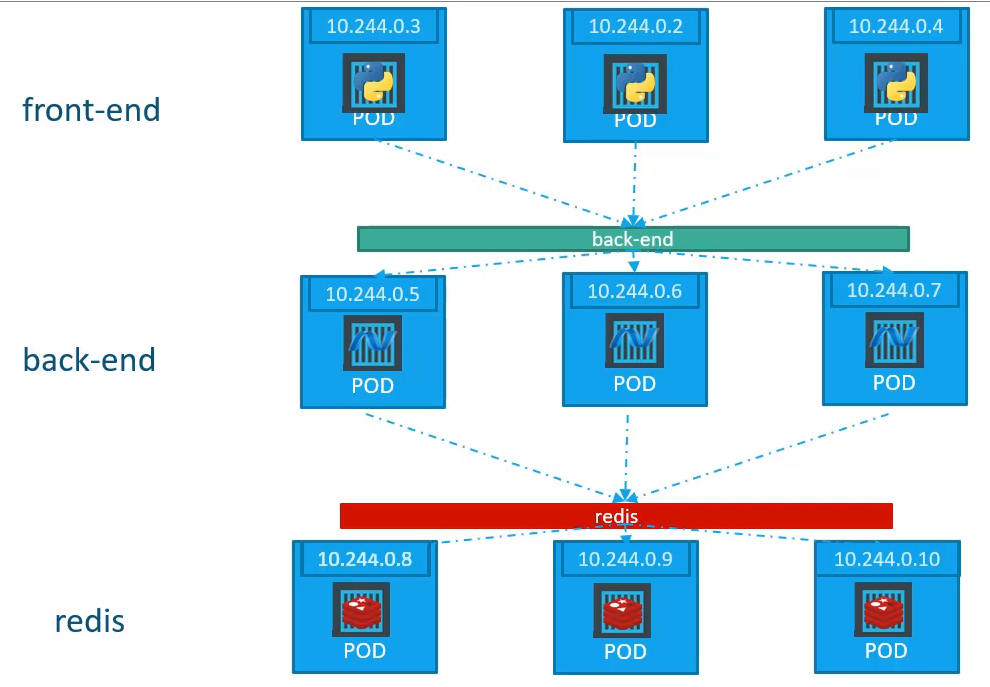
Load Balancer:
Works as expected only with Cloud Providers like GCloud, AWS, Azure.
Otherwise act as Nodeport.
Microservices
P. S.
Credits: mumshad mannambeth
Subscribe to my newsletter
Read articles from Priyan J directly inside your inbox. Subscribe to the newsletter, and don't miss out.
Written by

